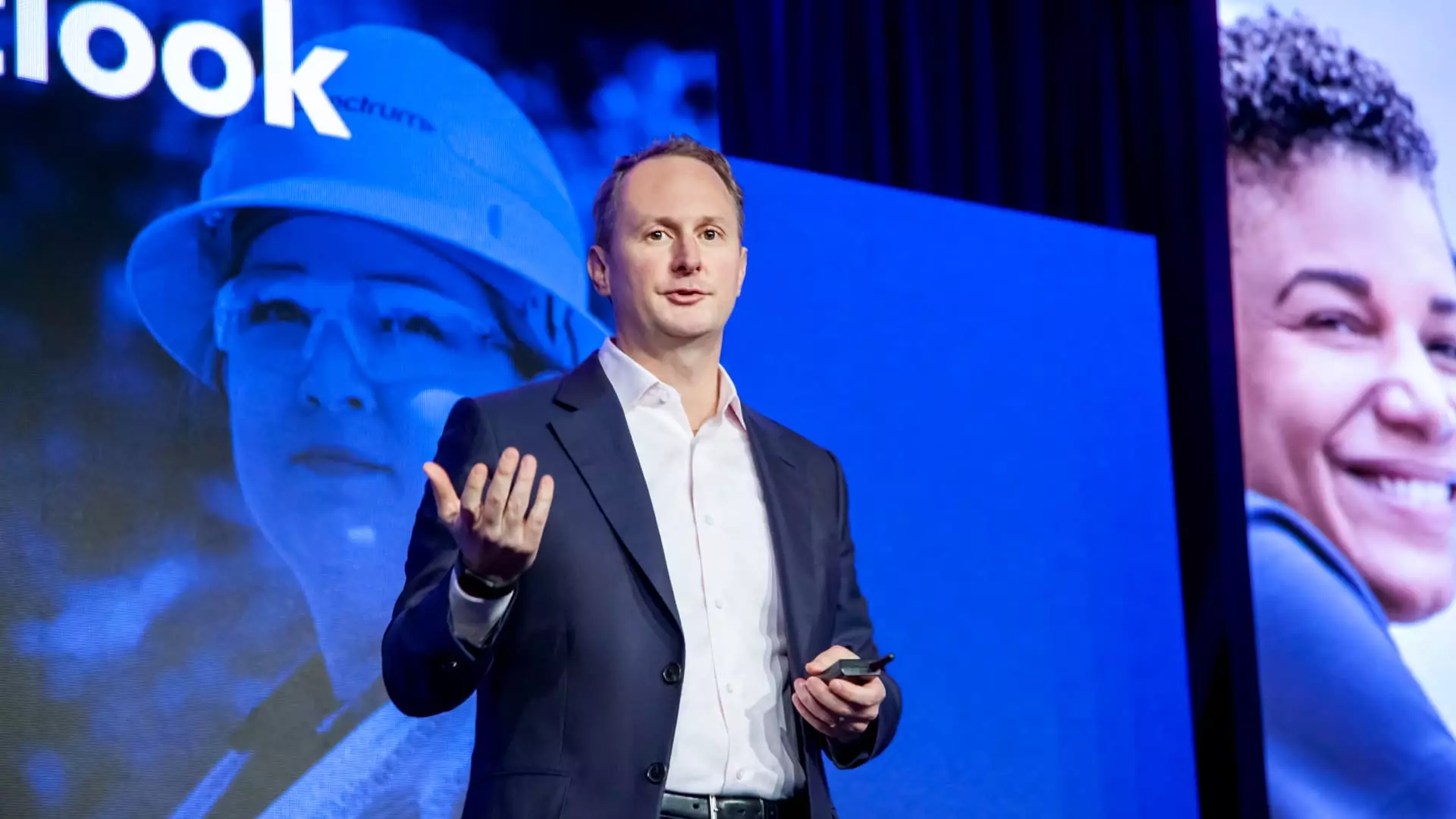The recent decision by Charter Communications and Cox Communications to merge has sent shockwaves through the cable industry. Valued at an eye-popping $34.5 billion, this monumental deal is being touted as one of the most substantial in corporate America this year. However, such mergers often come with more peril than promise, especially in a fast-evolving marketplace riddled with competition. With the industry facing significant challenges—primarily stemming from the rise of wireless internet options like 5G—the impending merger raises questions about the sustainability of traditional cable services.
The deal values Cox at approximately $21.9 billion in equity and carries an additional burden of net debt totaling around $12.6 billion. While the financial figures may look impressive on paper, they mask the struggles these companies are facing against aggressive wireless competitors. Both companies have siphoned off customers to alternate internet solutions, illustrating that larger companies don’t always equate to sustained growth or customer retention.
The Consumer’s Dilemma
Let’s face it: consumers today are smarter and more discerning than ever before. The traditional cable bundle is quickly fading into obsolescence, leaving both Charter and Cox scrambling to justify their existence. At the end of Q1, Charter reported losing a staggering 60,000 broadband customers and over 180,000 cable TV subscribers in a single quarter. This trend isn’t merely anecdotal; it’s indicative of a larger societal shift toward more flexible, value-driven options.
Charter’s attempts to pivot by leaning on mobile offerings reflect a desperate bid to retain a dwindling customer base. With 10.5 million mobile lines, they’re treading water against a current of customer dissatisfaction. Consumers are no longer simply loyal to a brand out of inertia; they are actively weighing alternatives against the backdrop of better pricing and service from newer, nimble competitors.
A Large Ship Makes Slow Turns
It is worth pondering if this merger is merely an act of survival rather than strategic innovation. The grandiose ambition of creating a dominant player in the broadband sector mocks the complexity of customer needs and desires. Consolidating two large companies doesn’t guarantee a more agile or effective response to the market, and anyone who believes so is disregarding the fragility that lies underneath the surface.
Additionally, the deal also suggests a culture of complacency, where two failing giants band together thinking they can weather the storm rather than reevaluate their outdated methodologies. A nearly $500 million in annualized cost synergy after the merger may look appealing, but it essentially signals a grim reality. Cost-cutting can often lead to degradation in service quality and customer experience—key areas where both companies have previously faltered.
Leadership Dynamics: A Recipe for Impasse?
The leadership structure post-merger further complicates the narrative. Charter’s Chris Winfrey will continue as CEO, while Alex Taylor from Cox Enterprises will become the chairman. Having overlapping power dynamics can often introduce friction rather than cohesive leadership. The Cox family retaining rights to two board seats might turn into a familiar, yet ineffective, tug-of-war that detracts from addressing the acute challenges facing both companies.
Is it in the best interest of telecommunications to lean on a model that maintains such intricate ties to legacy practices? It seems unlikely. As competition becomes fiercer and consumer demand shifts, everlasting reliance on outdated power hierarchies could spell disaster.
Customer Indifference: The Risk of Losing It All
Additionally, merging entities need to address customer loyalty in new ways, especially in a landscape where customers exercise their choice flexibly. The current trend of people ditching the traditional cable service indicates a fundamental shift in preferences. If the new entity cannot pivot toward an innovative strategy that prioritizes customer experience and value, it risks losing relevancy entirely.
At the end of the day, the only constant in business is change. Charter and Cox may see themselves as capable of steering the ship toward advantage; however, unless they can genuinely listen to the needs of their customers and adapt swiftly, their titanic merger could quickly become a cautionary tale. In a world that is evolving rapidly, complacency is the real enemy.

